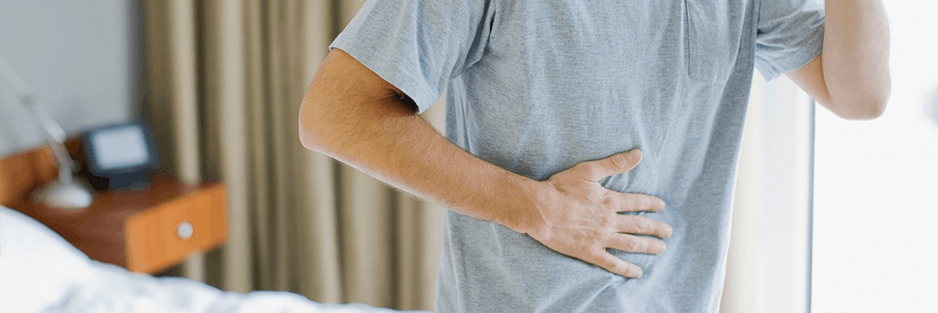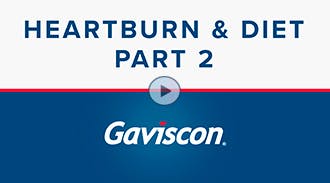ABOUT ACID INDIGESTION

At the entrance to your stomach lies a valve called your lower esophageal sphincter. Normally, your lower esophageal sphincter closes as soon as food passes through it. When it doesn't close all the way or if it opens too often, acid produced by your stomach can move up into your esophagus, which can cause symptoms like heartburn and regurgitation - the sensation of acid backing up into your throat or mouth. Other symptoms may include bloating, bloody or black stools, vomiting, burping, hiccups that don't ease up, nausea, and esophageal dysphagia.
If you experience acid indigestion symptoms more than twice a week, it's possible you may suffer from gastroesophageal reflux disease (GERD) and should seek advice from your doctor.





 |
|